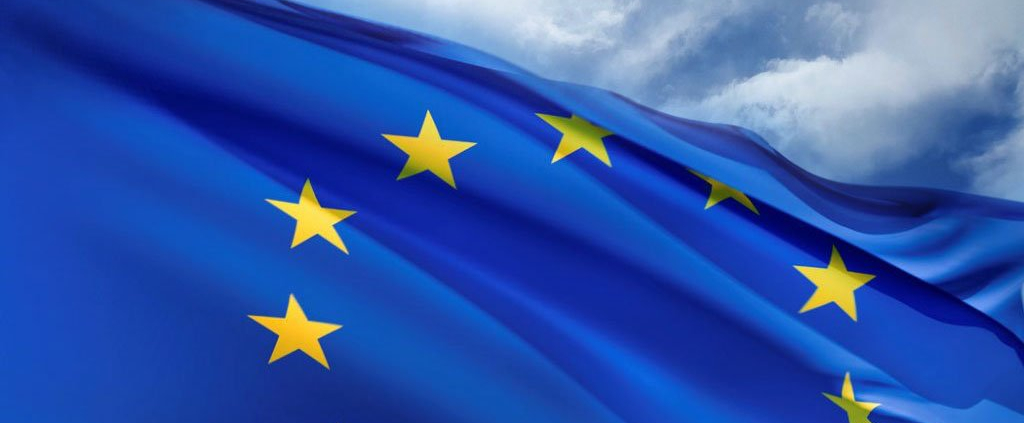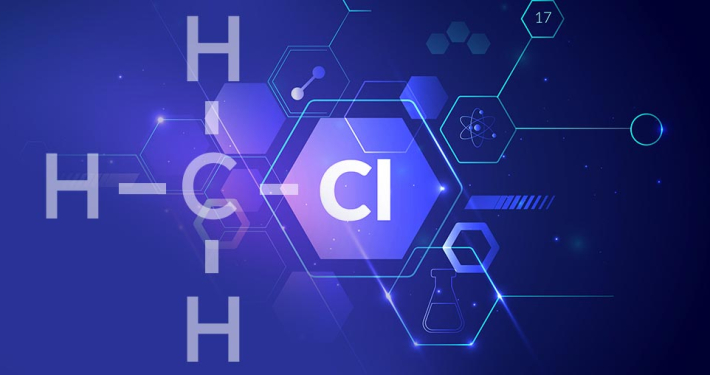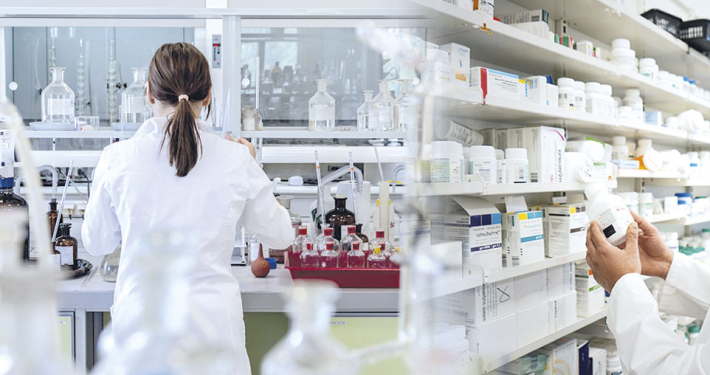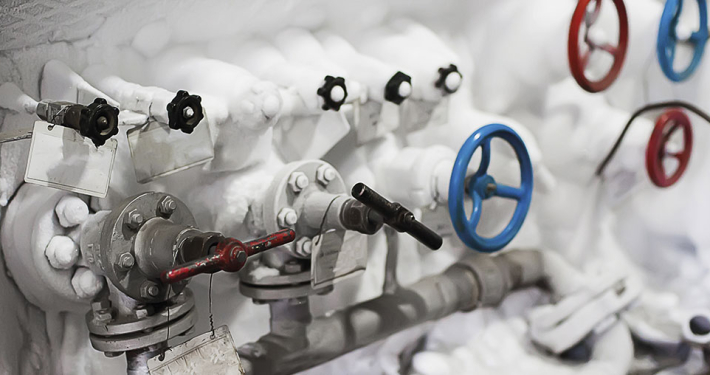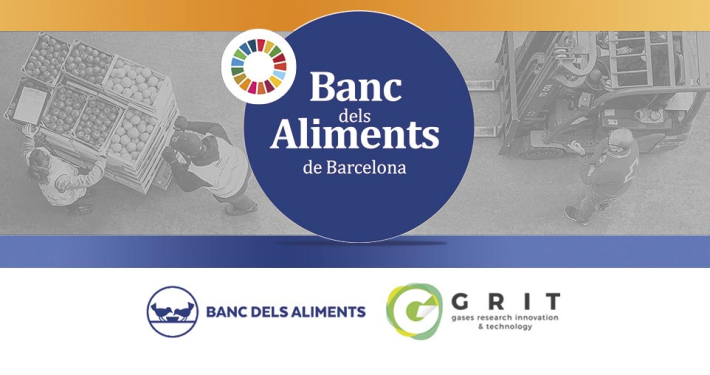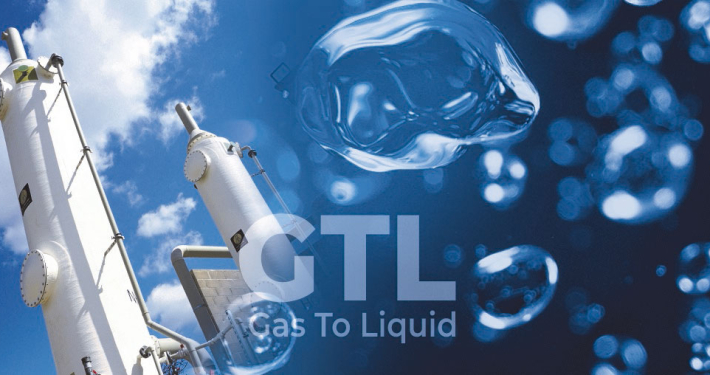The worrying increase in illegal imports of HFC
One of the main measures taken by the European Union to combat the greenhouse effect by the uncontrolled emission of gases into the atmosphere, was articulated in Regulation (EU) Nº 517/2014 of the European Parliament and the Council of 16 April 2014 on fluorinated greenhouse gases, which establishes an ambitious reduction in the emission of hydro fluorocarbons (HFC).
Within this legal framework, the progressive reduction in the production and imports of HFC gases is established, establishing annual quotas as limits with the objective of reducing their demand by up to 79 percent in 2030 in all sectors.
Despite the fact that this measure has a clear objective that appears to be indispensable for the environment, the truth is that there has been a growing activity of illegal imports in Europe that are making it difficult to achieve the goal set in terms of reducing emissions of these gases into the atmosphere.
This illegally imported HFC seems to come from China, where the main producers of this gas exist and arrive at the European Community without the pertinent customs controls and without being able to make a correct control of the established quotas.
HFC is one of the basic components of refrigeration that is also used for air conditioning. Although they do not affect ozone, they do contribute aggressively to the greenhouse effect, global warming and climate change.
There are several routes by which HFCs are illegally imported into Europe, either from Russia to Poland or Ukraine, or from Turkey to Bulgaria, Greece, Croatia and Italy. They usually skip customs controls by hiding the containers of this product in vehicles such as cars and trucks. It is also surprising how it can be acquired relatively easily through the Internet, on platforms such as Ebay or Facebook.
The illegal import of HFC endangers the fight against climate change
It seems that the sanctions imposed for this illegal importation are not persuasive enough to prevent it from growing. This makes it very difficult to gradually reduce the use of HFCs since there are no effective measures to control it. In 2018, 117 million tons of HFCs were consumed when the legal limit was within the 108 millions.
The Fluoridated gasses Tax has been yet another attempt to persuade its use. However, the illegal importation of HFC circumvents both customs duties and tax collection, which significantly reduces the amounts to be deposited in the coffers of the European member states, necessary to seek an alternative to this gas, as it can be up to 24,000 times more harmful than CO2.
Companies that have made an effort to look for alternatives to the use of HFCs find the time and money invested useless since the beneficial results for the environment are not as expected. In addition, the consumption of illegal HFCs promotes activities that are unsafe for their traffic and affects the image of the refrigeration and air conditioning industry.
Stronger measures are required to comply with the regulations on reducing the consumption of HFCs, which go through stricter controls at customs and tougher sanctions for those involved in this illegal import. In this way Europe will be able to remain the visible head in taking exemplary environmental measures like this one.
GRIT is a company committed to the environment that is dedicated to the storage, distribution and development of liquefied gases for industrial applications. We will always continue to research and innovate to achieve the most suitable solutions for our customers with substitute products to the harmful HFC.
■ Communication Team


